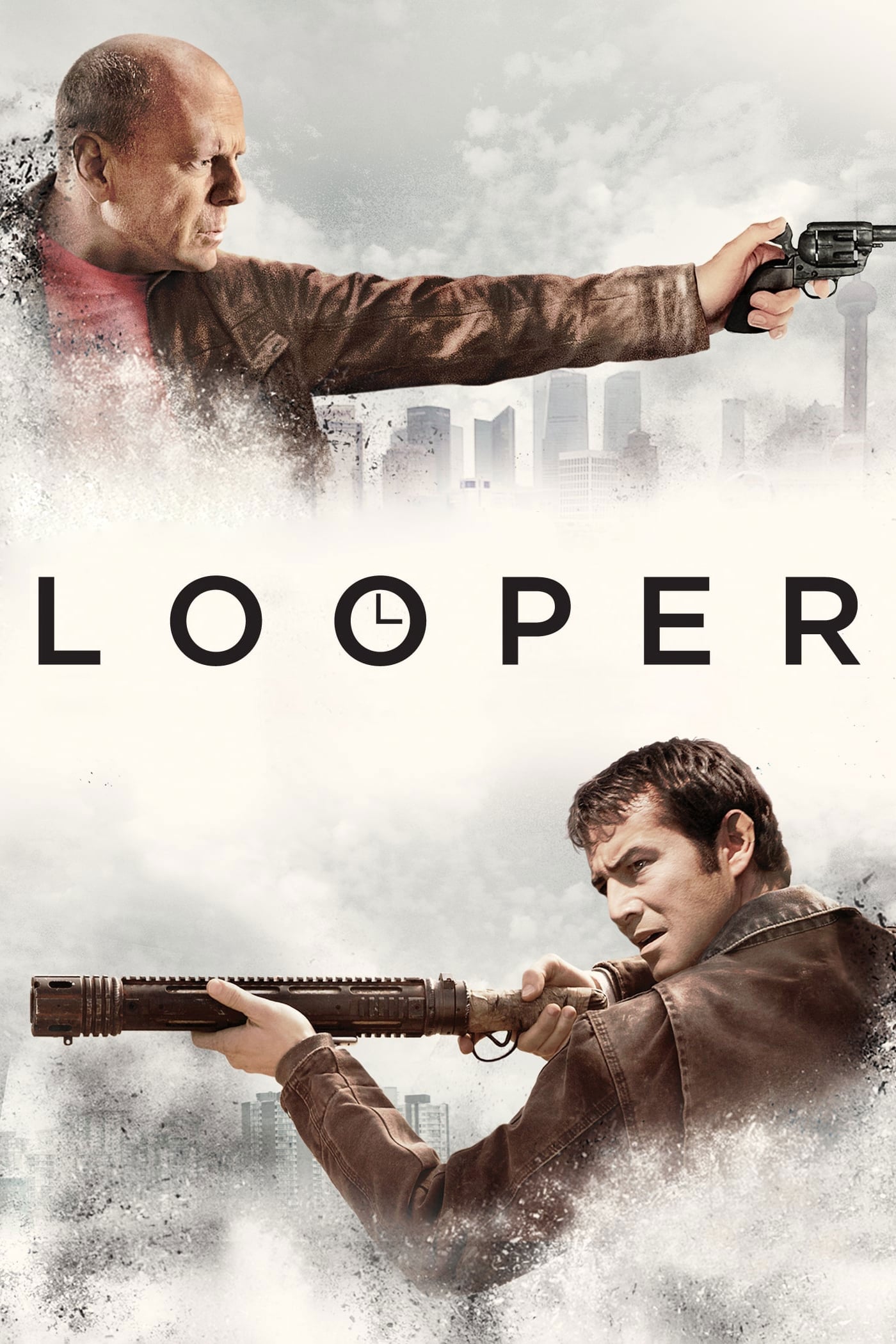
In the year 2044, time travel has not yet been invented but in 30 years it will have been. When the mob wants to get rid of someone, they will send their target into the past where a looper, a hired gun, like Joe is waiting to mop up. Joe is getting rich and life is good until the day the mob decides to close the loop, sending back Joe's future self for assassination.
13 May Looper (2012)
Annoyingly Trustworthy Monkey
Time is all we must encounter; all else is urges. Narrative is built on this simple principle, usually with time forcing the cadence and agents with fate embodying the urges. So when time enters the story as a citizen, we have the opportunity for seriously disruptive experiences.
You have to judge these things by a tougher scale than — well, than almost anything else, save when art and urge itself become agents.
I had to fight to bring this film into my home, and it sat for months hoping to be used.
In time travel stories, the narration can skip backwards and forwards. The many worlds can create histories that make every narration untrustworthy even if they are locally true. The prevailing theory (used by writers, anyway) would have events in the future affecting those in the past just as much as the intuitively more reasonable changes in the past influencing the future. Causality becomes folded. It is a blessing for a writer who understands.
But not so here. The story is told from one time frame that loops back. Every view you see is trusted. The end is unexpectedly straightforward. Things do not become retroactively untrue. Lives are not undone, though the Bruce Willis character tries. It is as if the writer was tempted to take us on a wild ride, but ended up writing in events that prevent it.
This means that we don’t have the luxury of plastic causality, and some of the explanations here just don’t add up. The complex scheme of sending people back to be killed is explained by saying that tracing humans in the future is thorough, so corpses are hard to get rid of. This makes even less sense as we see some action in the future. The tantalising existence of the coordinator from the future is treated as if it were not tantalising, but ordinary.
It hurts that the character we hope will stir the pot is played by Bruce Willis, clearly chosen because of his role in “Twelve Monkeys’,’ where (if you did not know the original film) he really did mess with our heads.
Posted in 2013
Ted’s Evaluation — 2 of 3: Has some interesting elements.


No Comments